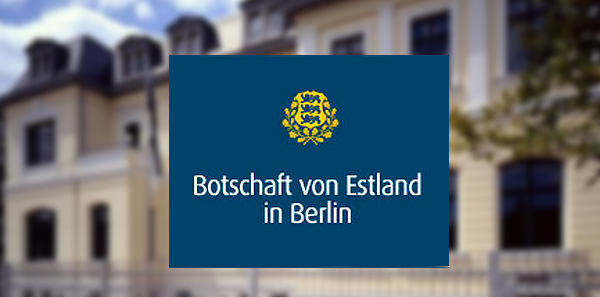
Als Austauschschüler*in nach Estland
20.10.2023
Schüler*innen, die sich für Estland interessieren, haben jetzt die Möglichkeit, sich für ein Austauschjahr 2024/25 in Estland zu bewerben. Dort leben sie in einer Gastfamilie, besuchen die Schule vor Ort und lernen so den estnischen Alltag kennen. Auch die Teilnahme an einem sogenannten AustauschPLUS in Estland möglich. Dabei belegen die Schüler*innen im Austauschjahr – zusätzlich zum regulären Schulunterricht – weiterführende Kurse, um ihrem Hobby nachzugehen. Zur Auswahl stehen die Bereiche Musik, Kunst, Natur & Umwelt, Film & Medien oder Theater. Bei der Abreise im Sommer 2024 müssen die Jugendlichen zwischen 15 und 18 Jahre alt sein.
Organisiert wird das Austauschprogramm von der gemeinnützigen Organisation Deutsches Youth For Understanding Komitee e.V. (YFU), die sich für interkulturelle Bildung und Toleranz einsetzt und mit den Programmen keinerlei finanziellen Gewinn erzielt. Vor, während und nach dem Austausch nehmen die Jugendlichen an ausführlichen Seminaren teil. In Estland steht ihnen eine persönliche Betreuungsperson bei allen Fragen zur Seite. Damit die Teilnahme nicht von der finanziellen Situation der Familie abhängt, vergibt YFU jedes Jahr rund 300 einkommensabhängige Teilstipendien. Weitere Informationen zum Estland-Austausch finden Sie auch online unter www.yfu.de/estland.
Jugendliche, die nicht die Möglichkeit haben, selbst ein Jahr im Ausland zu verbringen, können bei YFU auch ein Austauschjahr zu Hause verbringen: Als Gastfamilie für eine*n von rund 300 Austauschschüler*innen, die jedes Jahr mit YFU nach Deutschland reisen, um hier ein Schuljahr zu verbringen – darunter auch estnische Jugendliche!
Weitere Infos
Austausch PLUS Film & Medien: www.yfu.de/filmprogramm
Austausch PLUS Kunst: www.yfu.de/kunstprogramme
Austausch PLUS Musik: www.yfu.de/musikprogramme
Austausch PLUS Natur & Umwelt: www.yfu.de/naturprogramm
Austausch PLUS Theater: www.yfu.de/theaterprogramm
Gastfamilie werden: www.yfu.de/gastfamilien

